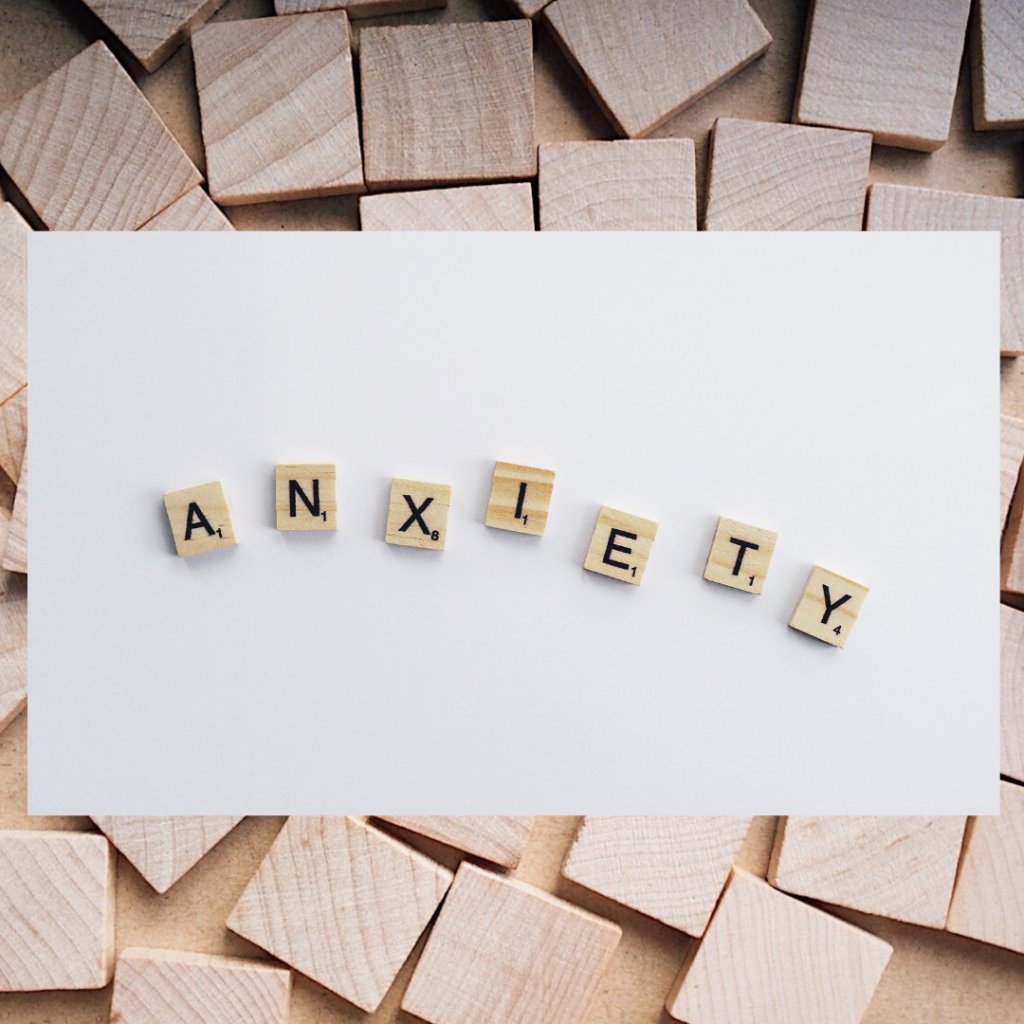Sadness is an emotional state wherein there is a feeling of unhappiness, less energy and downtime.
It’s a normal human emotion that we feel whenever we are upset, we feel pain or disappointed about something. Sadness is an emotion that each of us will experience from time to time as a part of being alive. But the way we handle it varies from one person to another.

Emotions like sadness are an important human experience that could provide some learnings in our life. Accept the feeling and claim that you can pass through it.
Avoid focusing on unchangeable things at this time, instead focus on the most important thing that could help you move on from that feeling.
The good thing is that you can still do something to feel happier when you are sad, consider the following:
- You have to assess why you are feeling down. Give yourself time to process your mood and feelings. Allow yourself to think of ways on how you can handle the situation, and be able to decide for the best action that you should do.
- Spend more time outside. Let your skin feel the rays of the morning sun and allow your nose to breathe in some fresh air.
- When inside the house, choose to watch funny movies instead of drama or stories that could trigger your sadness.
- Eat healthy foods like fruits and vegetables that could boost your mood.
- Try out journaling, yoga, and meditation, these are activities that could help your inner self.
- Cry it out! Crying could help you to reduce pain and improve your mood.
- Exercise and do physical activities that will make you busy and have fun. Engage in activities that you enjoy. Just like playing your favorite sport, hiking, biking, traveling, baking, cooking, etc.
- Find support, talk to a jolly person, or you can ask for opinions or pieces of advice that you can use to lift your mood.
- Smile and laugh! Normally, you can’t do it if you’re sad. But you can stretch that muscles up and move it as if you are feeling some happiness, then you will.
- Listen to upbeat music, and sing with it.
- Gibe time for yourself, self-care and self-love isn’t selfish.
- Read more about self-development topics that could help to improve and better yourself.
- Reward yourself for combatting sadness.
Consider sadness as an opportunity for you to grow, learn and heal yourself. You cannot heal what you don’t feel, as they say! Feel it and be able to elicit some lessons that it could bring into your life.
You have to take note that:
If your sadness brings you so much fatigue, poor concentration, inability to eat your meal, inability to do your personal hygiene, difficulty in doing daily life activities, and insomnia you already need to seek a professional help.

